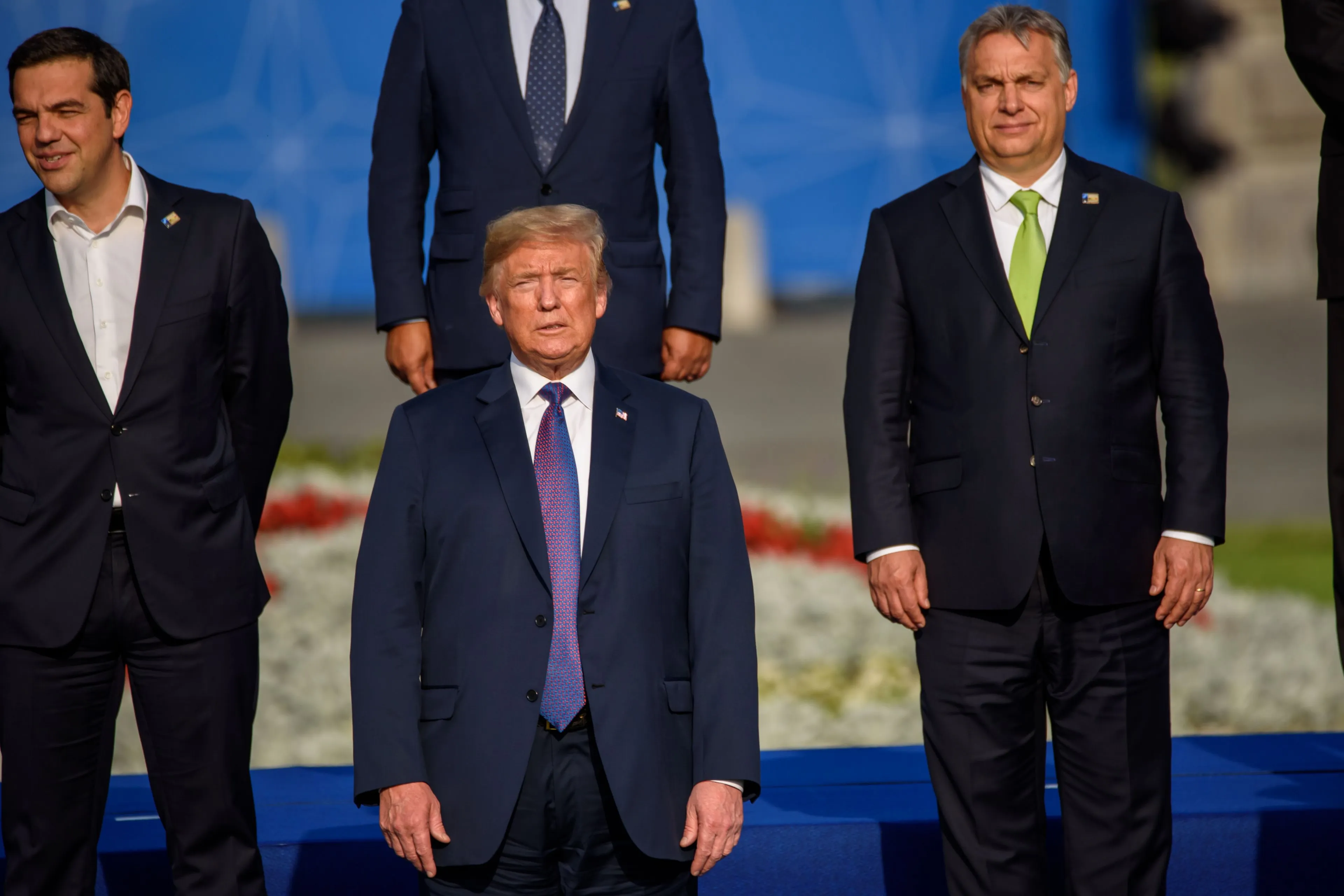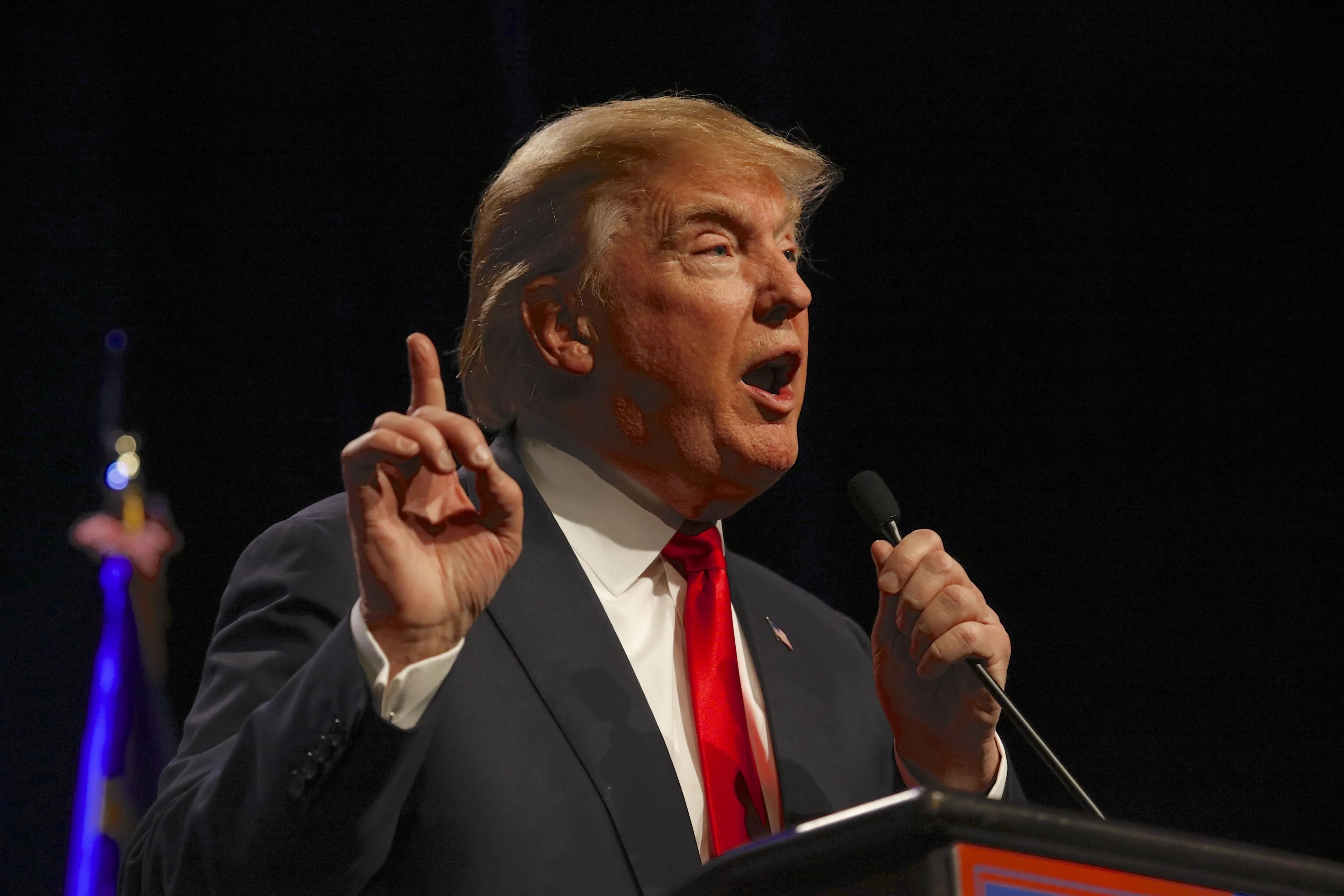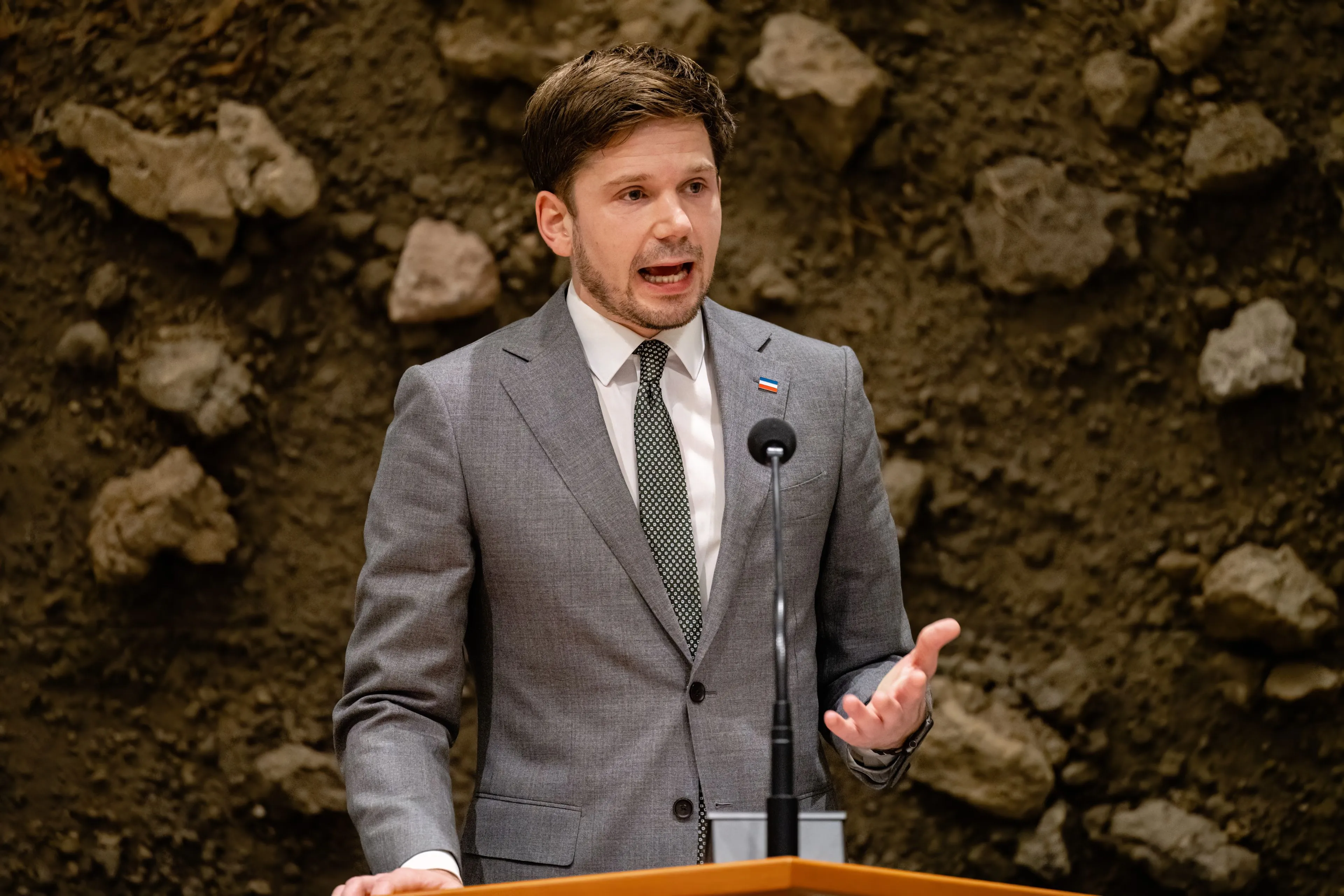- Home
- Lijdt Europa's CO2-emissiehandel schipbreuk?
Lijdt Europa's CO2-emissiehandel schipbreuk?
Als er een Oscar zou bestaan voor zinloze, megalomane projecten, dan zou het Europese CO2-emissiehandelssysteem (ETS) die met vlag en wimpel winnen. Ik heb daar al vele jaren geleden voor gewaarschuwd, nog voordat het systeem werd ingevoerd. Maar dat heeft niet geholpen. Maar nu begint het kwartje ook bij de beleidsmakers en het bedrijfsleven te vallen.
Het systeem kost een vermogen. Het is er niet in geslaagd de CO2-uitstoot terug te dringen. En ook al zou dat zijn gelukt, zou dat geen enkel meetbaar effect op het klimaat hebben gehad daarover zijn de protagonisten en antagonisten van de menselijke broeikashypothese het met elkaar eens. Het is bovendien erg gevoelig voor fraude. Kortom: 'all pain and no gain'.
Onder de titel: 'Europe's Carbon Market At Risk Of Collapse', rapporteert Joshua Chaffin daarover in de Financial Times:
The linchpin of Europes effort to curb global warming is at risk of collapse When the European Union decided last month to press ahead with a plan to force foreign airlines to pay for the carbon pollution generated by each flight landing at its airports, Brussels policymakers justified their action as the only way to forge a global solution to one of the fastest-growing sources of greenhouse gas emissions.
The policy has indeed succeeded in uniting much of the world against the EU. In an unlikely diplomatic chorus, the US, China, India and Russia have all lambasted Europes plan to extend the reach of its emissions trading scheme (ETS) a complex regulatory system in which companies such as cement and steel manufacturers are supposed to buy tradeable permits in order to pollute.
Beijing last week barred its airlines from the system. Next week, the US and China will gather with more than 20 other nations in Moscow to plot a counter-strategy, including possible retaliation some fear could lead to a trade war.
Beneath the international uproar lurks an inconvenient truth: the carbon market, the worlds largest, and the linchpin of Europes effort to lead the world in the fight against global warming, is in turmoil at home. Johannes Teyssen, chief executive of Eon, the German energy group that is one of Europes largest, stunned an audience in Brussels last week when he pronounced the market broken. Lets talk real, he said. The ETS is bust, its dead.
Upon its launch seven years ago, the market was supposed to work on a simple premise. Proponents hoped that by putting a price on carbon and forcing companies to pay for their emissions, it would prod Eon and others to pour money into green technologies and greater efficiency. But, as a result of a subsequent recession and poor management, the market is saturated and could be for years to come with permits that give companies the right to emit carbon without penalty. That has led to a prolonged slump in the carbon price. At roughly 7 per tonne, compared with a peak of nearly 30 in July 2008, it is a fraction of what policymakers and analysts had forecast it would have reached by now and well below the levels necessary to justify the desired investments. I dont know a single person in the world that would invest a dime based on ETS signals, Mr Teyssen declared.
Lees verder hier.
Het is de hoogste tijd dat het ETS wordt opgedoekt en dat degenen die voor deze ellende aansprakelijk zijn daarvoor (politiek) verantwoording afleggen.
Ga verder met lezen
Dit vind je misschien ook leuk
Laat mensen jouw mening weten




